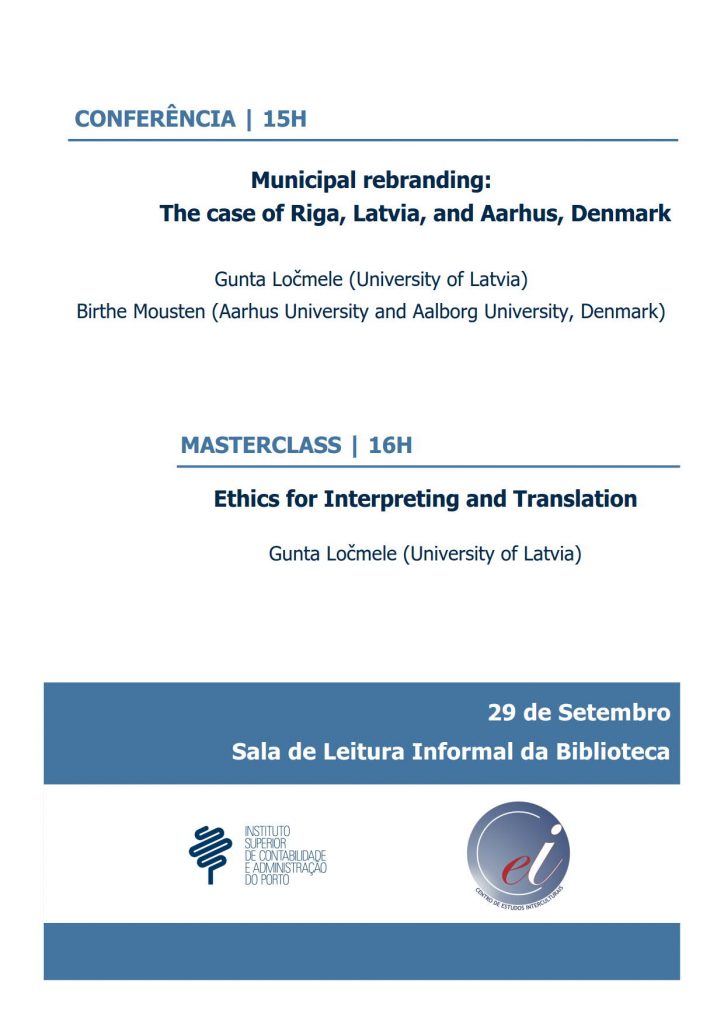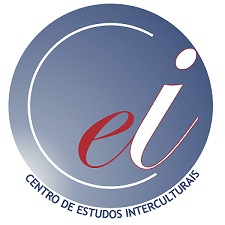29 September 2016 | 15.00 | ISCAP
ABSTRACT
We consider how two cities Riga and Arhus identified, formulated and communicated city branding. Marketing, communication and translation studies have studied city branding extensively. In our case, communication and translation studies can contribute to the development of city branding analysis by identifying message transfer and the resulting clash between city identity and image.
In Riga and Aarhus, the two city branding campaigns were studied, and in both cases the branding organizations were municipalities. Our analysis concentrates on resident responses to the message transfer in city branding and how such responses could override the decisions made by the municipalities.
The power of identity through the language is strong as demonstrated by the Riga city branding case: the change of one diacritic mark caused strong demonstrations because the word is a symbol with long-established roots. The name of the city itself is a powerful image attribute.
The power of identity through the language was also demonstrated by the Aarhus city branding case: the exchange of a decade-old Danish slogan with a globalized-English slogan created a massive media response that eventually made the city council abandon the new city slogan and replace it with the old city slogan.
A city’s identity loses its power if it is globalized. In the Riga and Aarhus cases, the municipalities tried to find a global voice, which contradicted local traditions, and in both cases, the redefinition of the city image took place top-down and not bottom-up. The two cases may not prove to be a golden rule, but should be a warning against rash city branding decisions made by municipalities.
Bionotes
Birthe Mousten, PhD in translation/localization, MA/BA English/German, and a certified translator/interpreter. Has lectured at Aarhus University (AU), Aalborg University (AAU), University of Southern Denmark (SDU) and Copenhagen University (KU). Specialized in translation, intercultural communication and culture studies.
Gunta Ločmele, PhD, is a professor at the University of Latvia. Her research interests include advertisement transfer, shifts of norms in translation, terminology. She has done freelance work as a translator and interpreter both for the bodies and agencies of the EU and for multinational companies.


